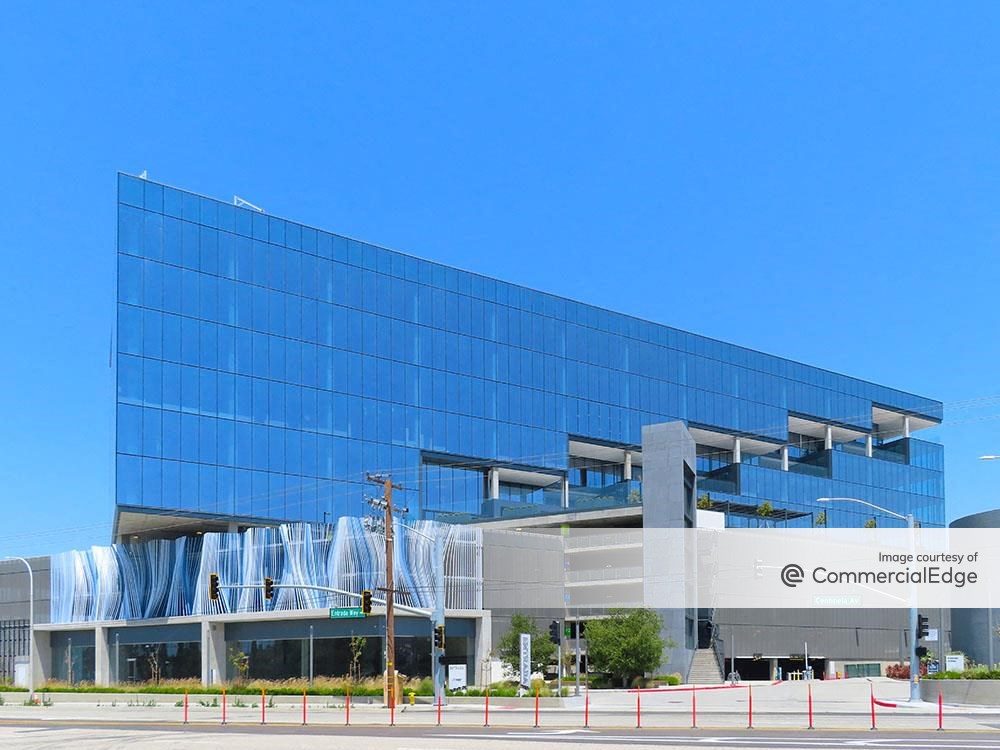Momentum Pushes Net-Lease Valuations Higher
By Randy Blankstein, President, The Boulder Group: Retail net-lease assets remain the most desired property type in the net-lease market, as evidenced by the cap rate premium.
By Randy Blankstein, President, The Boulder Group https://bouldergroup.com/
Cap rates in the second quarter of 2014 for the single tenant net leased retail sector reached a new historic low rate of 6.50 percent. Cap rates for the industrial sector compressed minimally by three basis points to 7.97 percent while cap rates in the office sector rose 13 basis points to 7.77 percent during the quarter. The retail sector experienced the third straight quarter of historically low cap rates as a result of increased demand and the continually growing investor pool seeking the stable yield of the asset class. The office sector experienced its second consecutive quarter of rising cap rates due to the residual concern of ongoing vacancy challenges facing the suburban and secondary office markets.
Retail net-lease assets remain the most desired property type in the net-lease market, as evidenced by the cap rate premium of 127 and 147 basis points over the office and industrial sectors respectively. The spread between retail and office/industrial properties is the largest spread in the past 15 years. Investors favor retail assets as they typically have longer initial lease terms and investors have a familiarity with the tenants and a preference for the typical passive nature of the leases.
Despite the 16 percent increase in supply of net lease offerings in the second quarter, quality offerings with long-term leases to investment grade rated tenants remain in limited supply. The majority of buyers acquiring low cap rate properties, including 1031 exchange investors, are seeking new construction assets with investment grade tenants. For example, newly constructed Walgreens, Chase Bank and 7-Eleven properties experienced cap rate compression of 10, 25 and 25 basis points respectively.
Non-institutional investor demand throughout the net-lease market will grow as the flight to the stable yields generated by this asset class should continue. As the individual investor demand continues to accelerate, some of the perennial institutional net-lease buyers are finding it difficult to compete with their non-institutional counterparts. For instance, a leading global net-lease REIT W.P. Carey has decided that the valuations of net-lease assets are no longer attractive and is accordingly moving to other sectors. The expectation is for some other institutions to follow as valuations are well above historic levels and competition among private investors continues to drive prices.








You must be logged in to post a comment.